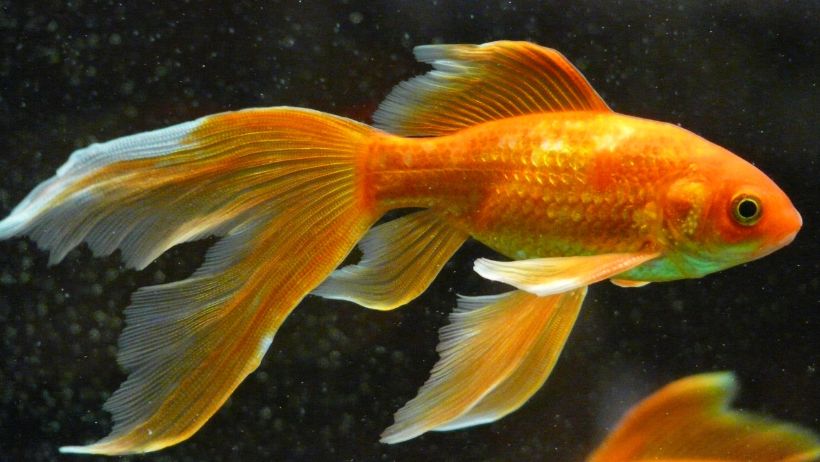In a stark warning against the casual disposal of pets, Gopi Krishnan, an invasion biologist from Dr. G. Umapathy’s lab at the Centre for Cellular and Molecular Biology (CCMB), sheds light on the potential hazards associated with releasing pets into the wild. Krishnan emphasizes that such actions not only jeopardize the lives of the animals but can also initiate a chain reaction of biological invasions, causing extensive damage to ecosystems and incurring significant economic losses.
Krishnan singles out the seemingly harmless act of releasing pet fish or turtles into natural water bodies, a practice that has far-reaching consequences. He draws attention to the example of catfish species, such as the ‘armoured sailfin,’ which may be small when confined in an aquarium but can grow up to two feet in length when released into ponds. These non-native species, popular among aquaculture hobbyists, disrupt native ecosystems by outcompeting local fish for resources, leading to a decline in their numbers.
The scientist stresses that the unchecked release of pets like goldfish, alligator gar, arapaima, rose-ringed parakeets, Burmese pythons, and red-eared slider turtles contributes to the creation of invasive species. These animals, initially introduced through the pet trade, can grow into formidable sizes and wreak havoc on local biodiversity, agriculture, and economies.
Krishnan points to the challenges of controlling invasive species, citing their lack of natural predators, high reproductive rates, and adaptability to new environments. He highlights ongoing efforts by government departments and voluntary organizations to combat invasive species through eradication drives and monitoring illegal pet trades. However, he underscores the need for “collective action” to address the issue’s root causes.
In a call to action, Krishnan urges citizens to take responsibility for their pets by registering them with authorities, obtaining the necessary licenses or permissions, and learning about the species they own. Importantly, he advocates for responsible pet rehoming, emphasizing the role of animal shelters and welfare organizations in finding suitable homes for unwanted pets rather than releasing them into the wild.
As part of his plea for responsible pet ownership, Krishnan advises against buying exotic and banned pet species, reinforcing the importance of informed decisions and awareness. The message is clear: the well-being of our environment and economy hinges on individual actions, and a united effort is crucial to curbing the unintended consequences of releasing pets into the wild.


